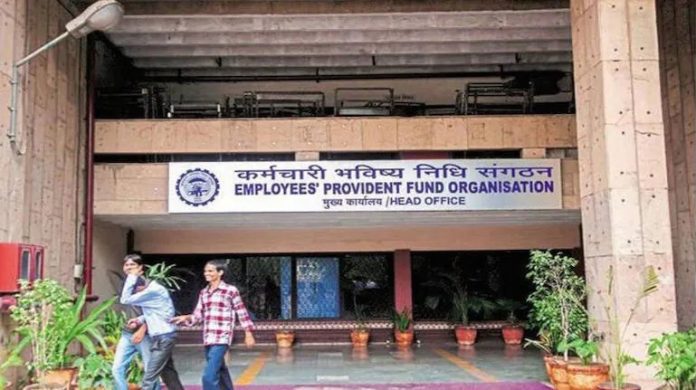If there is no update of your money reaching the PF account, then there is no need to worry. There are many ways through which you can deposit your PF amount in PF account.
Whenever you join a job somewhere, you are asked for a UAN number, so that after deducting your PF money every month, it can be deposited in your account. The money deposited in the PF account is a savings for every person. According to the rules of EPFO, 12-12 percent of basic salary and DA should be deposited every month in the PF account on behalf of the company and the employee. There is a rule to deposit it within 15 days of the release of salary.
After depositing your money, the employee is informed about this by sending an alert message from EPFO. Apart from this, you can also find out about it by logging on to the website of EPFO. But if you feel that there is no update of your money reaching the PF account, then there is no need to worry. There are many ways through which you can deposit your PF amount in PF account.
Complaint has to be made in EPFO
Even after deducting the PF money every month, the PF account does not reach, then for this you will have to complain to the EPFO. For this you have to first go to epfigms.gov.in . In this you will see the Register Grievance option. Click on it. Next, you will have to choose any one option from PF Member, EPS Pensioner, Employer. In this, select the PF member and enter the UAN number and security code. Now go to the Get Details option and click on it, then go to the Get OTP option. After this you have to fill your personal details. After this select the option of complaint and register the complaint. If there is necessary document related to the complaint, then also enter about it. After that submit it. The complaint will be registered on your registered mobile number and email.
What happens after the complaint is filed
After registering your complaint, the company is questioned by the EPFO. If it becomes clear that the employee’s money is not being deposited by the company even after deducting every month, then legal action is taken by the EPFO. In such a situation, EPFO takes recovery action against the company. The EPFO can also impose a fine on the company under the provisions of the Provident Funds and Miscellaneous Provisions Act, 1952 under the powers conferred under Section 14-B.


